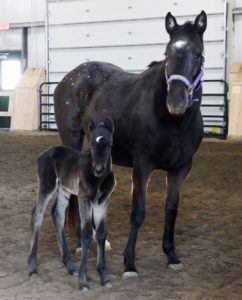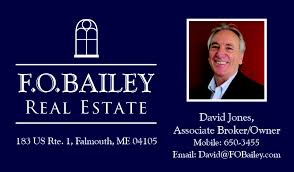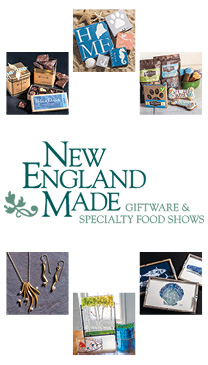
The organization I am fortunate enough to work with is New England’s premier licensed animal shelter that specializes in the rehabilitation and re-homing of horses. The horses received into care here are animals who have been abused or neglected and removed from their owners by some branch of Maine law enforcement. Currently, the MSSPA does not have an active role in enforcing Maine’s very good animal welfare statutes. At earlier times in the organization’s history it has taken the lead in enforcement and it has a continuing interest in having sensible enforcement of the laws that protect animals. It also has a strong interest in animal welfare policy at the state and federal level.
One of the causes of equine abuse and/or neglect is a surplus of horses, which may result in unacceptable treatment of the animals. Known contributors to the problem of a surplus of horses are irresponsible breeding practices, such as uncontrolled or unplanned reproduction as well as personal circumstances that develop, preventing horse owners from keeping or properly caring for their horses. Those circumstances may include loss of financial problems or ill health of the horse owner. Because very few facilities in Maine or across the country accept owner surrender or relinquishment of horses, unwanted horses are at high risk for being abused or neglected. Last month this column discussed the MSSPA’s Maine Horse Matchmaker service, which is designed to assist private horse owners with the responsible re-homing of their unwanted horses.

This month we invite you to consider how responsible breeding of horses may help to decrease the number of unwanted horses in our state and elsewhere. Horses, particularly those who are born healthy, receive good care, and avoid debilitating accidents may easily live into their 30s. The advancements in veterinary medical care and specialized feeds for geriatric horses may help them live even longer. The longer life span of the average horse means a longer horizon of responsibility for the horse owner. It also means we should expect greater responsibility from those who are breeding horses. Every domestic foal born should have the opportunity to live a healthy life and become a responsible equine citizen, with, at minimum, reasonable ground manners. Whether the purpose of breeding is for an industry career like racing or other competition or for recreation, there should be a plan for the foal’s future. It may not serve any horse well to simply treat it as a commodity, launch it into the stream of commerce and hope for the best. Of course, many horse breeders are responsible individuals who keep track of horses they have bred and sold throughout the animal’s life; others in the horse world are not as diligent about the well-being of horses they have created.
Though there are equine rescue organizations throughout the country, it is plain there will not be enough sheltering capacity to provide for all of horses who, through no fault of their own, become unwanted. Many horses arrive in shelters with injuries or in poor health and require significant resources to recover to the best of their potential. Some are in such horrific condition that humane euthanasia is the only sensible option. Equine rescuers and shelter managers are expected to analyze the situation of each animal and determine a best course of action for it. Can the animal recover? Can it live a relatively comfortable remainder of its life? Is it a candidate for adoption to a private home? Can it be maintained in a sanctuary? Is a sanctuary placement available for this animal? Are there alternatives that can safely serve this horse? If the answer to any of these questions is, “no” then humane euthanasia may be the only resolution available. The decision to euthanize is the most difficult of decisions we are asked to make.
One of the most effective ways to limit the unnecessary suffering of domestic horses is increase awareness of what may happen to horses for whom there is no lifelong plan of care. Few equine welfare advocates envision a reality that includes a lifelong plan of care for every foal born. It is far more likely we can create – and enforce – public policies that will shape a future where fewer horses are born and all horses receive good care. Please learn more about Maine’s animal welfare public policies by speaking with your local legislators or visit with us at the MSSPA.
The Maine State Society for the Protection of Animals’ horse shelter, located at 279 River Road in South Windham, Maine is open to the public each day from 1:00 p.m. to 4:00 p.m. Please visit MSSPA on Facebook, Instagram or online at www.msspa.org.

Meris Bickford, Chief Executive Officer of Maine State Society for the Protection of Animals(MSSPA). Her resume also has experience as an Assistant Attorney General, Bureau Chief for Child and Family Services and Chief Administrative Hearing Officer at Maine’s Department of Human Service.







